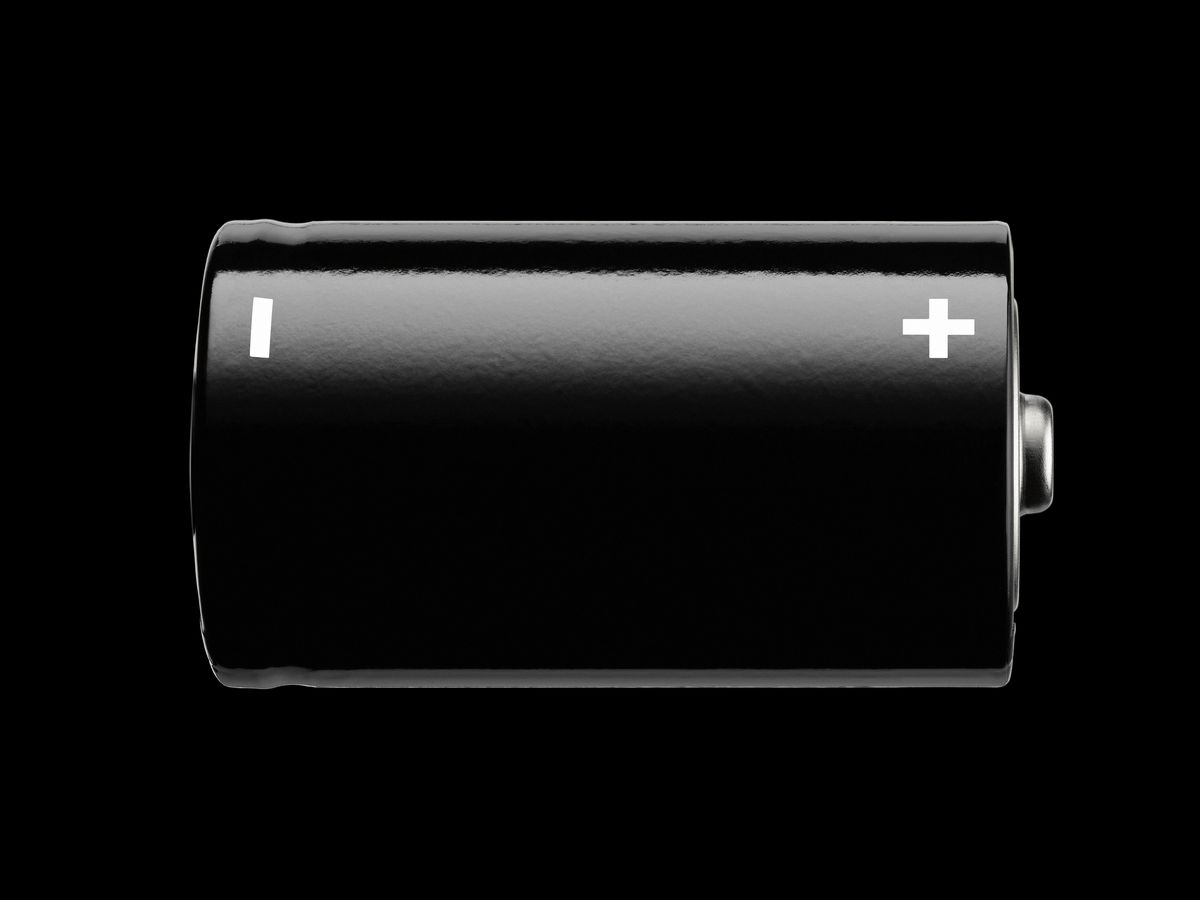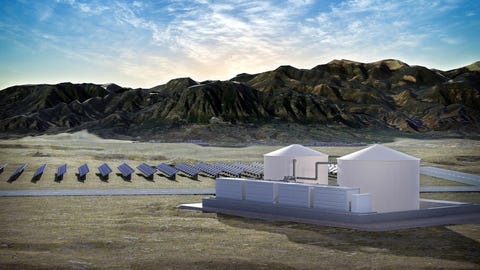TIM NEWCOMB

The U.S. Army recently began testing something called a “flow battery” at Fort Carson, Colorado. If successful, the flow battery, which is powered by two chemical components dissolved in liquids that are pumped through the battery system, could someday help bring long-duration, large-capacity energy storage to many U.S. military bases.
In partnership with Lockheed Martin, the U.S. Army Engineer Research and Development Center team at the Construction Engineering Research Laboratory (CERL) Operational Energy broke ground late last year on GridStar Flow, a rechargeable redox flow battery featuring electrochemistry consisting of engineered electrolytes.
“Bottom line is, the Lockheed Martin flow battery will provide a feasible means of long-duration grid scale energy storage to Fort Carson and their mission-critical assets that no other Army installation currently possesses,” Tom Decker, Army program manager, said in a news release. “This is a significant tool and has potential to make an impact on future military bases.”
The flow battery at Fort Carson uses renewable energy to charge the battery via the stored electrolytes. When the flow battery system is completely charged, or when the stored energy is required, this electrolyte passes back through the flow battery, providing up to one megawatt for up to 10 hours.

Rendering of the flow battery at Fort Carson.U.S. Army/Lockheed Martin
Lockheed’s technology uses a power module to convert electricity into chemical energy. The electrolytes pick up ions and flow through battery stacks. Then, the electrons stored in the electrolyte increase the state of charge. The Gridstar can change from charging to discharging, holding positive electrolytes and negative electrolytes in storage modules.
Paul Farnan, deputy assistant secretary of the Army (Installations, Energy and Environment), touted the flow battery’s potential to provide essential power during ill-timed grid outages:
“We need to be able to operate no matter what’s going on outside of the fence line. If the grid goes down for whatever reason, not just for a couple of hours but for weeks or months, we are still able to operate and maintain mission readiness.”
Lockheed says the system is designed to scale to hundreds of megawatts in repeatable blocks with no acute toxicity or fire hazard. The company also claims the flow battery system is designed to last for 20 years. If the Fort Carson flow battery proves to be successful, it could mark a start for flow battery technology capable of long-duration storage with scalability to meet the needs of various Department of Defense installations around the country.
Construction on the flow battery at Fort Carson is scheduled for a late 2023 completion and commissioning in 2024. The Army’s Operational Energy team will test and evaluate the battery once installed, and develop a report on its performance.
No comments:
Post a Comment